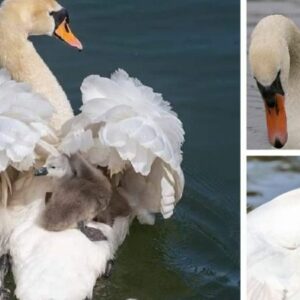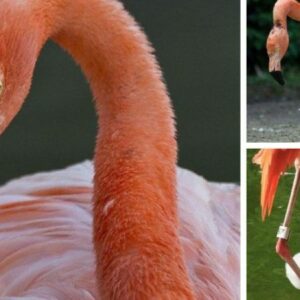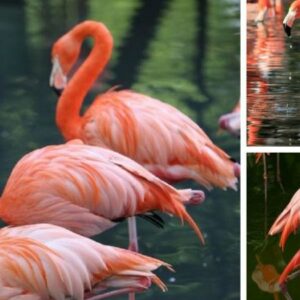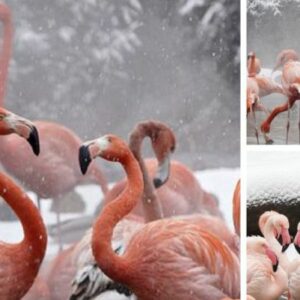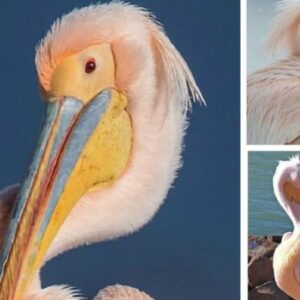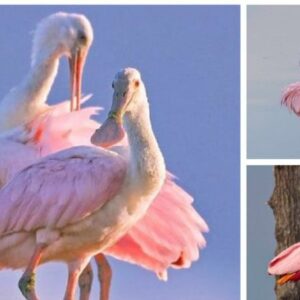There are thousands of beautiful species of birds in this world but the iridescent ones always stand out among them all. No matter the colors, these shimmering birds are fascinating critters that shine wherever, whenever they appear.

Image credits: Brocken Inaglory / CC BY-SA 3.0
The Anna’s hummingbird (Calypte anna) is one of those appealing birdies. This species is not so big just like other members of the family Trochilidae, it is only 3.9 to 4.3 in long with a wingspan of 4.7 in and weighs about 3 to 6 g. The female is often smaller and lighter than the male.

Image credits: Mfield / CC BY-SA 3.0
Both male and female Anna’s hummingbird look gorgeous with green flanks, bronze-green back as well as pale grey chest and belly, but the male is more eye-catching thanks to its impressive iridescent crimson-red head and throat.

Image credits: Becky Matsubara / CC BY 2.0
Like many other hummingbirds, they have a long, slender bill and slightly forked tail.

Image credits: ALAN SCHMIERER / Public domain
Despite being named after France’s Duchess of Rivoli Anna Mᴀsséna by the French naturalist and ornithologist René Lesson, the Anna’s hummingbird is actually native to North America. It is mostly found in western coastal regions and it’s also the only hummingbird in this area that has a red crown.

Image credits: Norvig / CC BY-SA 3.0
This charming bird mainly dines on flower nectar using its long extendable tongue, but it doesn’t mind hunting small insects and other arthropods once in a while too.

Image credits: Mike Lafferty / CC BY 2.0
The Anna’s hummingbird’s breeding season starts in December and often ends in May – June next year. During courtship, the male often sings a thin and squeaky song.

Image credits: Instagram/@thejtpH๏τograph
After mating, the female builds a nest from plant fibers, downy feathers, animal hair and covers it with lichen plant debris. Their eggs are incubated about 14 days before officially hatching.

